March 14 stands as one of history’s most eventful days, witnessing the rise and fall of empires, groundbreaking discoveries, and moments that shaped our modern world across centuries of human achievement.
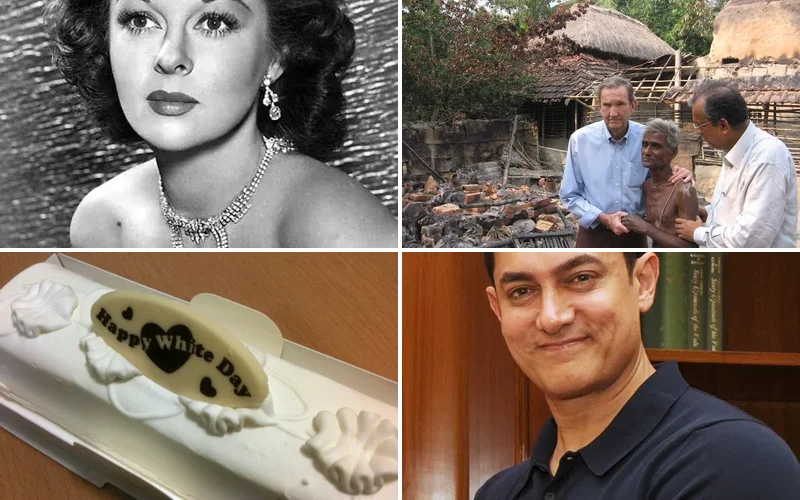
Politics and Government Events on March 14
1901 – Utah Governor Vetoes Polygamy Bill
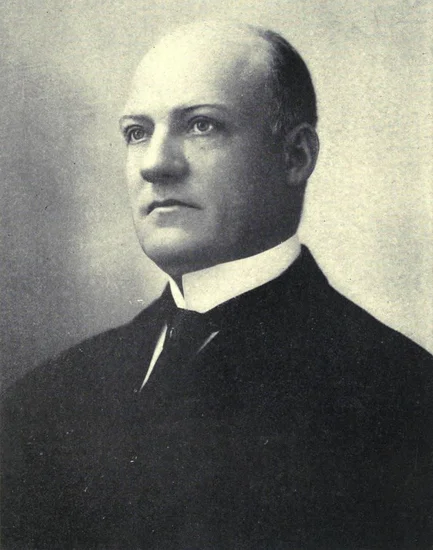
Utah governor Heber Manning Wells vetoed legislation that would have relaxed restrictions on polygamy practice. This decisive action maintained the state’s commitment to federal marriage laws despite local pressure.
The veto demonstrated Utah’s continued efforts to integrate fully into American society. Wells’ decision reflected the ongoing tension between religious traditions and federal legal requirements in the western territories.
1920 – Schleswig Plebiscite Confirms German Territory
The second Schleswig plebiscite saw approximately 80% of Zone II residents vote to remain part of Weimar Germany. This democratic referendum resolved territorial disputes left unresolved since World War I.
The vote solidified the German-Danish border and demonstrated the principle of self-determination. Local populations exercised their right to choose national allegiance through peaceful democratic processes.
1939 – Slovakia Declares Independence Under German Pressure
Slovakia proclaimed independence from Czechoslovakia following intense German diplomatic and military pressure. This declaration effectively dissolved the Czechoslovak state and advanced Nazi expansion plans.
The independence came at the cost of becoming a German satellite state. Slovakia’s new government immediately aligned with Nazi policies, marking another step toward regional domination.
1961 – US Nuclear Bomber Crashes in California
A United States Air Force B-52 bomber carrying nuclear weapons crashed near Yuba City, California. The incident highlighted the dangers of nuclear weapons transportation during the Cold War era.
Emergency response teams worked frantically to secure the nuclear materials and prevent radiation exposure. The crash underscored growing public concerns about nuclear safety in populated areas.
1964 – Jack Ruby Convicted of Oswald Murder
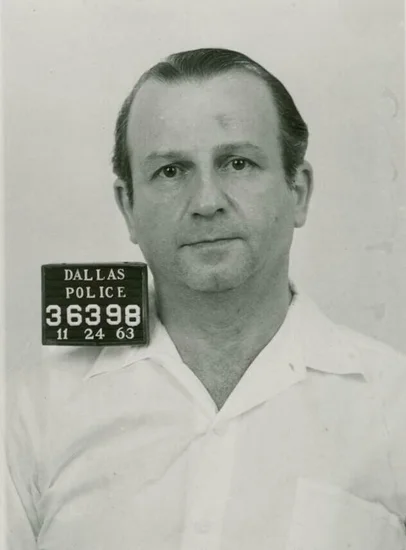
Jack Ruby received a murder conviction for killing Lee Harvey Oswald, President Kennedy’s assassin. The verdict concluded one of the most watched trials in American legal history.
Ruby’s conviction added another layer of controversy to the Kennedy assassination narrative. The trial raised questions about Ruby’s motives and potential connections to larger conspiracy theories.
2006 – Chadian Coup Attempt Fails
A military coup attempt against Chad’s government ended in failure after intense fighting in the capital. Government forces successfully repelled rebel attacks and maintained constitutional order.
The failed coup highlighted regional instability and competing political factions within Chad. International observers closely monitored the situation to prevent broader regional conflicts.
Military and Naval History on March 14
1943 – Kraków Ghetto Liquidation Completed
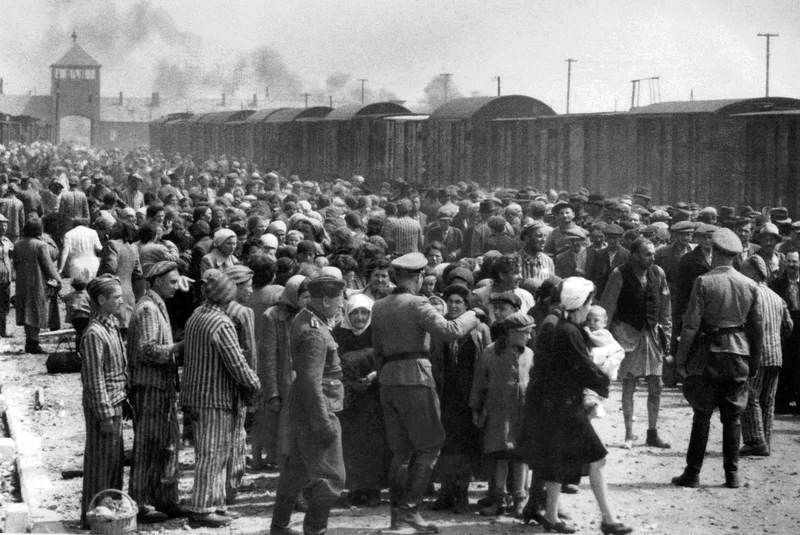
Nazi forces completed the liquidation of the Kraków Ghetto, marking another tragic milestone in Holocaust atrocities. Thousands of Jewish residents faced deportation to concentration camps or immediate execution.
The ghetto’s destruction eliminated one of Poland’s most significant Jewish communities. This systematic elimination represented the Nazi regime’s methodical approach to implementing the Final Solution.
1945 – RAF Drops Grand Slam Bomb
The Royal Air Force deployed the Grand Slam bomb operationally for the first time against a railway viaduct near Bielefeld, Germany. This 22,000-pound weapon represented the pinnacle of conventional bombing technology.
The massive bomb successfully destroyed its target and demonstrated Allied air superiority. The Grand Slam’s deployment marked a new phase in strategic bombing capabilities during the war’s final months.
1951 – UN Forces Recapture Seoul
United Nations troops recaptured Seoul for the second time during the Korean War, pushing Communist forces northward. This strategic victory restored South Korean control over their capital city.
The recapture demonstrated the effectiveness of UN military coordination and Chinese military limitations. Seoul’s liberation boosted Allied morale and strengthened South Korea’s position in ongoing peace negotiations.
1978 – Israel Launches Operation Litani
The Israel Defense Forces launched Operation Litani, beginning a seven-day military campaign into southern Lebanon. The operation aimed to establish a security buffer zone and eliminate Palestinian militant bases.
Israeli forces quickly advanced through Lebanese territory, encountering mixed resistance from various factions. The operation significantly altered regional dynamics and established Israel’s military presence in southern Lebanon.
1988 – China Defeats Vietnam in Spratly Islands Clash
Chinese naval forces defeated Vietnamese troops in the Johnson South Reef Skirmish over control of disputed Spratly Islands territory. This confrontation marked a significant escalation in South China Sea territorial disputes.
The Chinese victory established their physical presence on several contested reefs. This military success strengthened China’s territorial claims and demonstrated their growing naval capabilities in regional waters.
Science and Discovery Milestones on March 14
1942 – First American Penicillin Treatment
Anne Miller became the first American patient to receive penicillin treatment under the care of doctors Orvan Hess and John Bumstead. This groundbreaking medical intervention marked the beginning of the antibiotic revolution in American healthcare.
Miller’s successful treatment demonstrated penicillin’s life-saving potential and accelerated its mass production. The medical breakthrough would transform infection treatment and save countless lives during World War II and beyond.
1995 – American Astronaut Rides Russian Rocket
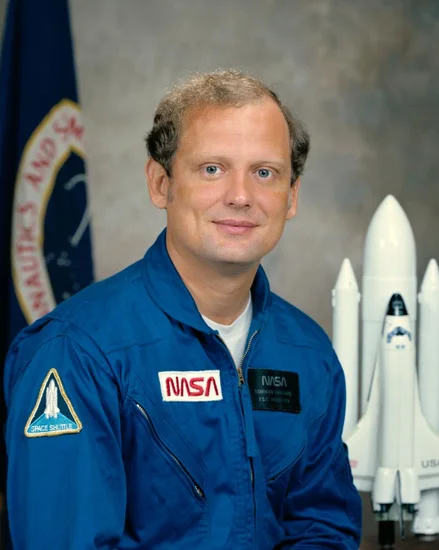
Norman Thagard became the first American astronaut to travel to space aboard a Russian launch vehicle. This historic mission represented unprecedented cooperation between former Cold War adversaries.
The joint mission marked a new era of international space collaboration and mutual trust. Thagard’s successful flight paved the way for future American-Russian partnerships in space exploration.
2017 – Nihonium Element Naming Ceremony
A formal naming ceremony for the chemical element nihonium took place in Tokyo with Crown Prince Naruhito in attendance. This event celebrated Japan’s contribution to expanding the periodic table of elements.
The ceremony recognized Japanese scientists’ achievements in creating superheavy elements through particle acceleration. Nihonium’s official recognition demonstrated Japan’s growing prominence in advanced scientific research.
Cultural and Arts Events on March 14
1931 – India’s First Talking Film Released
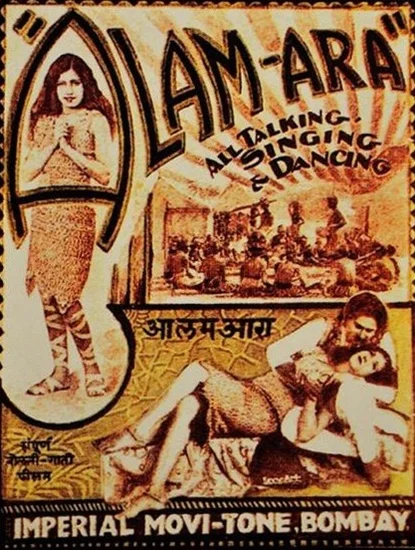
Alam Ara, India’s first talking film, premiered in theaters across the country. This technological breakthrough revolutionized Indian cinema and established the foundation for Bollywood’s future success.
The film’s release marked the transition from silent movies to sound cinema in India. Audiences flocked to theaters to experience this new form of entertainment that combined traditional storytelling with modern technology.
1967 – Kennedy’s Body Moved to Permanent Burial Site
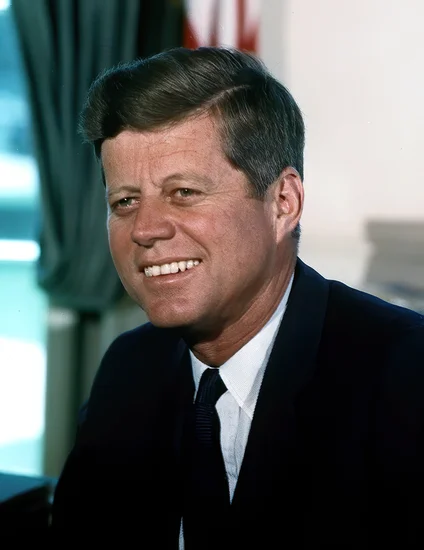
President John F. Kennedy’s body was relocated to a permanent burial place at Arlington National Cemetery. The solemn ceremony provided closure for the nation still mourning their fallen leader.
The new gravesite featured an eternal flame and became a place of pilgrimage for Americans. This final resting place honored Kennedy’s legacy and provided a lasting memorial to his presidency.
1980 – Félix Rodríguez de la Fuente Dies
Spanish environmentalist Félix Rodríguez de la Fuente died in a plane crash in Alaska while filming wildlife documentaries. His death marked the end of an era in nature conservation and environmental education.
Rodríguez de la Fuente had revolutionized wildlife programming and environmental awareness in Spain. His passionate advocacy for nature conservation inspired generations of environmentalists and wildlife enthusiasts.
Religious and Social Events on March 14
1921 – Six IRA Members Executed in Dublin
Six members of the Irish Republican Army group known as the Forgotten Ten were hanged in Dublin’s Mountjoy Prison. These executions intensified the bitter conflict between Irish republicans and British authorities.
The hangings sparked outrage among Irish nationalists and strengthened resistance movements. The executions became symbolic of British oppression and fueled further revolutionary activities throughout Ireland.
1923 – Irish Republicans Executed by Free State Forces
Charlie Daly and three other Irish Republican Army members were executed by Irish Free State forces. These executions highlighted the brutal civil war dividing the Irish independence movement.
The executions demonstrated the Free State government’s determination to eliminate republican opposition. This internal conflict between former allies created lasting divisions within Irish society and politics.
2008 – Tibetan Riots Erupt in Lhasa
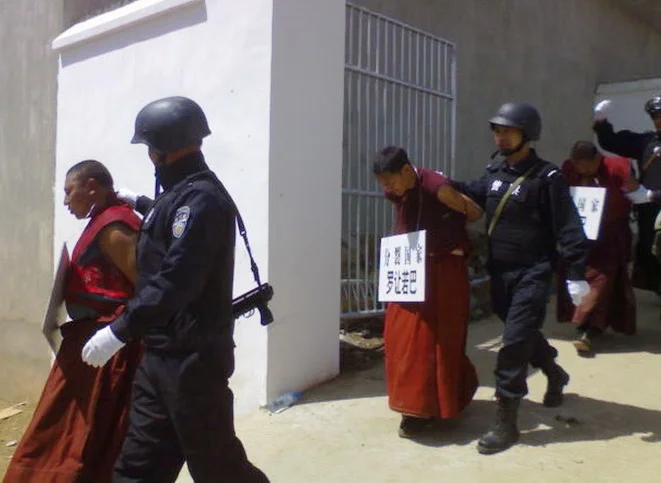
A series of riots, protests, and demonstrations erupted in Lhasa before spreading throughout Tibet. The widespread unrest reflected growing tensions between Tibetan communities and Chinese authorities.
The demonstrations marked the largest Tibetan uprising in decades and drew international attention. Chinese security forces responded with massive deployments, leading to numerous casualties and arrests.
2019 – Burmese Security Forces Kill Civilians
Burmese security forces killed at least 65 civilians in the Hlaingthaya massacre during ongoing political unrest. This brutal crackdown represented one of the deadliest days since the military coup.
The massacre drew international condemnation and calls for stronger sanctions against Myanmar’s military government. The killings highlighted the regime’s willingness to use extreme violence against peaceful protesters.
Business and Economic Events on March 14
1991 – Escondida Copper Mine Inaugurated
The Escondida copper mine in Chile’s Atacama Desert was officially inaugurated, destined to become the world’s most productive copper facility. This massive mining operation transformed Chile’s economy and global copper markets.
The mine’s opening attracted billions in foreign investment and created thousands of jobs. Escondida’s production capabilities would make Chile the world’s leading copper producer and major economic powerhouse.
1982 – South Africa Bombs ANC Headquarters
The South African government launched a bombing attack against the African National Congress headquarters in London. This international terrorist act escalated the apartheid regime’s campaign against opposition movements.
The bombing demonstrated the apartheid government’s willingness to conduct operations on foreign soil. The attack intensified international pressure for sanctions and isolation of the South African regime.
2007 – Nandigram Violence Erupts
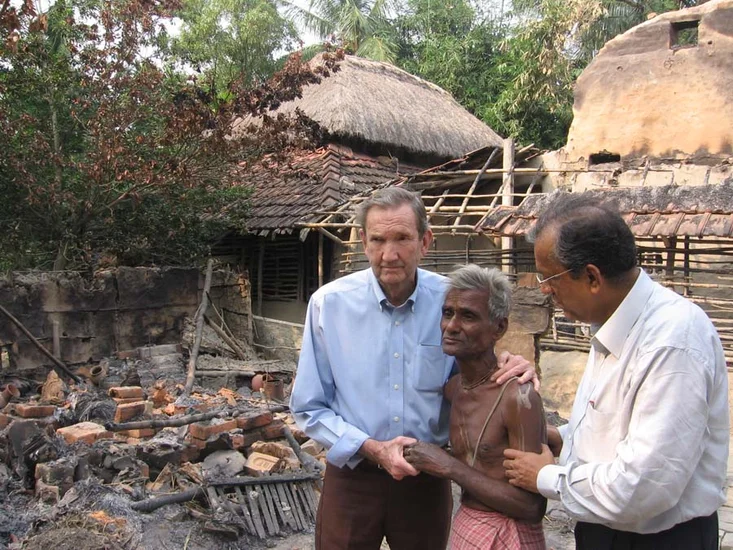
The Nandigram violence in West Bengal resulted in at least 14 deaths during clashes over land acquisition policies. The conflict highlighted tensions between industrial development and agricultural communities.
The violence erupted over government plans to establish a Special Economic Zone on agricultural land. Local farmers and activists violently resisted land acquisition attempts, creating a major political crisis.
Transportation and Infrastructure on March 14
1926 – El Virilla Train Accident
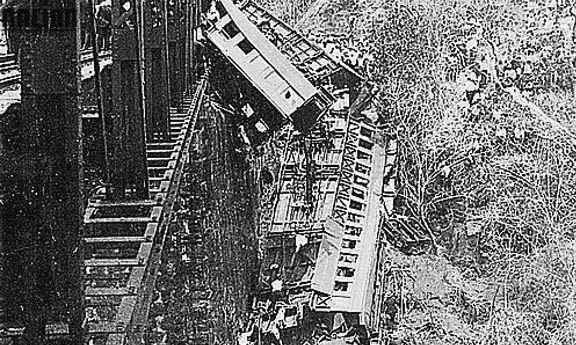
The El Virilla train accident in Costa Rica killed 248 people and wounded 93 others when a train plunged off a bridge over the Río Virilla. This disaster ranks among the worst railway accidents in Central American history.
The bridge collapse between Heredia and Tibás shocked the nation and exposed serious infrastructure deficiencies. The tragedy led to comprehensive railway safety reforms and improved engineering standards throughout Costa Rica.
1972 – Sterling Airways Flight 296 Crashes

Sterling Airways Flight 296 crashed near Kalba, United Arab Emirates, while approaching Dubai International Airport, killing all 112 people aboard. The disaster highlighted aviation safety challenges in the rapidly developing Gulf region.
The crash investigation revealed multiple contributing factors including weather conditions and navigation difficulties. The tragedy prompted improved safety protocols and better emergency response procedures at regional airports.
1979 – Jordanian Flight Crashes in Doha

Alia Royal Jordanian Flight 600 crashed during final approach at Doha International Airport, killing 45 passengers and crew members. The accident underscored the dangers of aviation in challenging weather conditions.
The crash investigation led to enhanced pilot training programs and improved approach procedures. The disaster prompted regional aviation authorities to implement stricter safety standards and better weather monitoring systems.
Sports and Recreation on March 14
1980 – LOT Polish Airlines Flight 007 Crashes
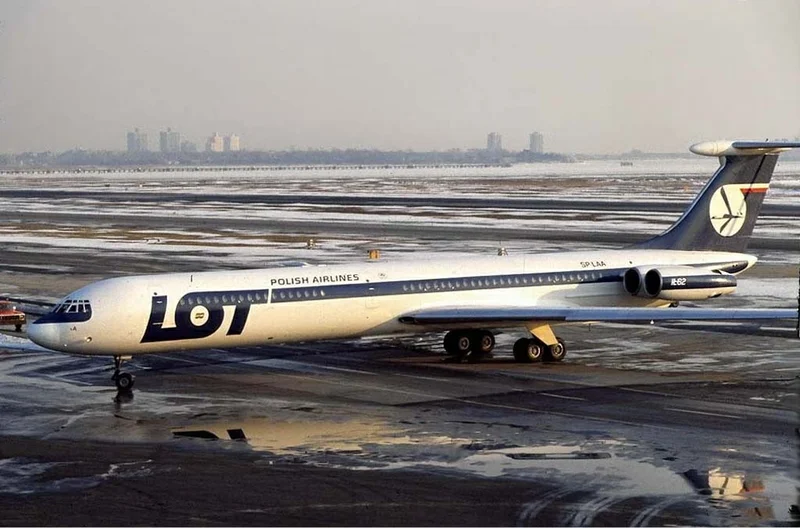
LOT Polish Airlines Flight 007 crashed during final approach near Warsaw, killing 87 people including a 14-man American boxing team. The tragedy devastated the American boxing community and international sports world.
The boxing team was returning from European competitions when the aircraft encountered severe weather conditions. The crash eliminated some of America’s most promising young boxers and coaches, creating a lasting impact on the sport.
2006 – Israeli Prison Raid in Jericho
Israeli troops conducted Operation Bringing Home the Goods, raiding an American-supervised Palestinian prison in Jericho to capture six prisoners. The operation successfully apprehended wanted Palestinian militants including PFLP chief Ahmad Sa’adat.
The raid involved extensive coordination between Israeli forces and international monitors. The operation demonstrated Israel’s determination to pursue wanted individuals regardless of international agreements or diplomatic complications.
2019 – Cyclone Idai Devastates Mozambique

Cyclone Idai made landfall near Beira, Mozambique, causing catastrophic flooding and over 1,000 deaths. The powerful storm ranks among the worst natural disasters in Southern African history.
The cyclone destroyed entire communities and displaced hundreds of thousands of people. International relief efforts mobilized quickly to provide humanitarian assistance and begin reconstruction efforts in the devastated region.
Notable Births on March 14
1879 – Albert Einstein, Theoretical Physicist
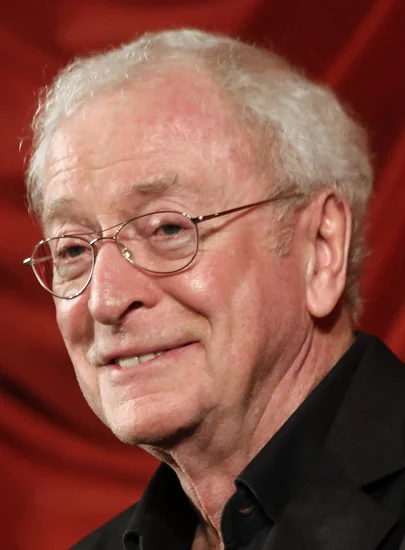
Michael Caine was born in London, England, beginning a journey that would lead to international stardom. His distinctive cockney accent and natural acting ability would make him one of Britain’s most recognizable actors.
Caine’s career spanning over six decades included memorable roles in films like “The Italian Job” and “The Dark Knight.” His contributions to cinema earned him multiple Academy Awards and a knighthood from Queen Elizabeth II.
1924 – Quincy Jones, Music Producer
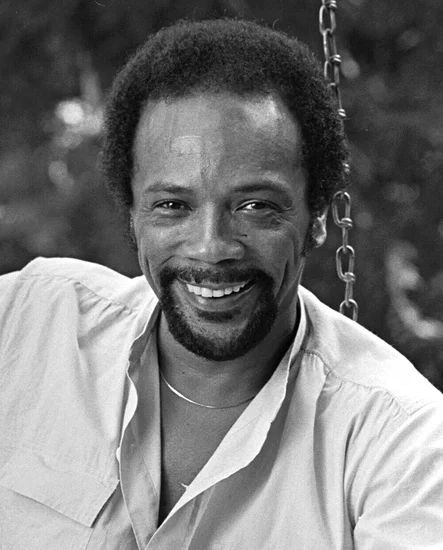
Quincy Jones entered the world in Chicago, Illinois, destined to become one of music’s most influential producers. His early exposure to jazz and classical music shaped his revolutionary approach to sound production.
Jones would go on to produce Michael Jackson’s best-selling albums and compose countless film scores. His career achievements include 28 Grammy Awards and recognition as one of the most important figures in modern music.
1942 – Billy Crystal, Actor and Comedian

Billy Crystal was born in New York City, beginning a career that would span comedy, acting, and hosting. His quick wit and improvisational skills made him a favorite in both stand-up comedy and Hollywood films.
Crystal’s hosting of the Academy Awards ceremony became legendary for his humor and professionalism. His acting career included starring roles in “When Harry Met Sally” and “City Slickers.”
1958 – Albert II, Prince of Monaco
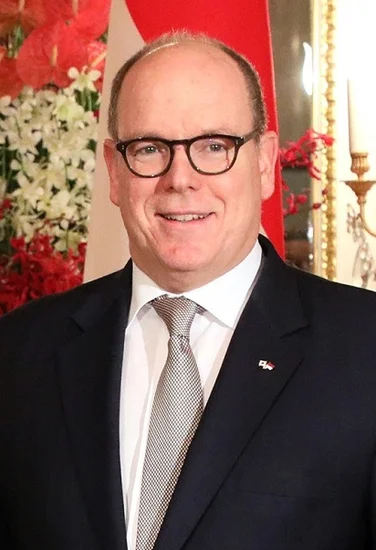
Albert II, Prince of Monaco, was born into European royalty and Olympic athletic competition. His early life combined royal duties with a passion for bobsledding that took him to five Winter Olympics.
As Monaco’s ruler, Albert II has championed environmental causes and ocean conservation. His leadership has modernized the principality while maintaining its unique cultural identity and economic prosperity.
1965 – Aamir Khan, Bollywood Actor

Aamir Khan was born in Mumbai, India, into a family deeply connected to the film industry. His childhood exposure to cinema and storytelling laid the foundation for his future success as an actor and producer.
Khan would become one of Bollywood’s most influential figures, known for choosing socially conscious films. His perfectionist approach to acting and production has earned him the nickname “Mr. Perfectionist” in Indian cinema.
1988 – Stephen Curry, Basketball Player

Stephen Curry was born in Akron, Ohio, to a family with deep basketball connections. His father Dell Curry’s NBA career provided early exposure to professional basketball and exceptional training opportunities.
Curry revolutionized basketball with his extraordinary three-point shooting ability and creative ball-handling skills. His success with the Golden State Warriors includes multiple NBA championships and Most Valuable Player awards.
1997 – Simone Biles, Olympic Gymnast

Simone Biles was born in Columbus, Ohio, beginning a journey that would redefine artistic gymnastics. Her natural athletic ability and dedication to training became apparent at an early age.
Biles would go on to become the most decorated gymnast in world championship history. Her innovative skills and mental health advocacy have made her a global icon beyond sports.
Notable Deaths on March 14
1932 – George Eastman, Kodak Company Founder
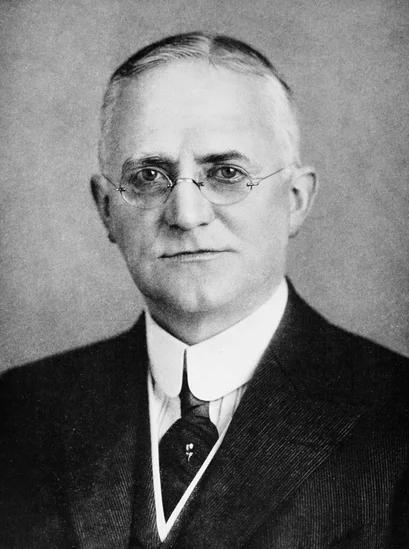
George Eastman, founder of Eastman Kodak Company, died by suicide at his home in Rochester, New York. His innovations in photography made cameras accessible to ordinary people and revolutionized visual documentation.
Eastman’s development of roll film and the Kodak camera democratized photography worldwide. His business acumen and technological innovations created a photography empire that dominated the industry for decades.
1968 – Erwin Panofsky, Art Historian
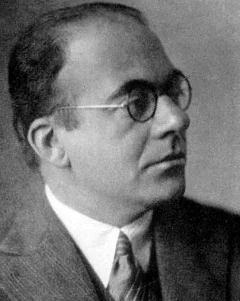
Erwin Panofsky, the renowned German art historian, died in Princeton, New Jersey. His scholarly work revolutionized art history methodology and interpretation of Renaissance and medieval art.
Panofsky’s iconological approach to art analysis influenced generations of scholars and critics. His writings on perspective, symbolism, and cultural context remain fundamental texts in art historical education.
1975 – Susan Hayward, Academy Award-Winning Actress
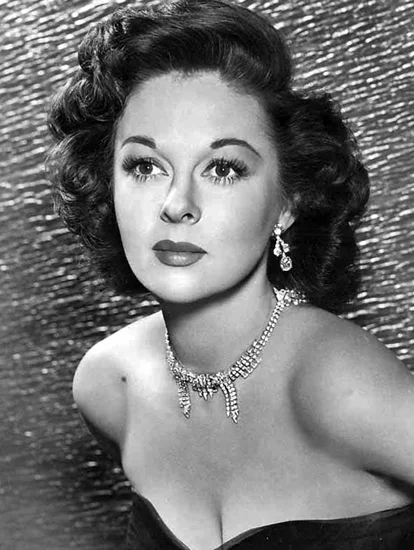
Susan Hayward died in Hollywood, California, after a courageous battle with brain cancer. Her powerful performances in dramatic roles earned her an Academy Award and lasting recognition in American cinema.
Hayward’s portrayal of strong-willed women in films like “I Want to Live!” showcased her exceptional acting range. Her career spanned three decades and included five Academy Award nominations.
1980 – Mohammad Hatta, Indonesian Independence Leader
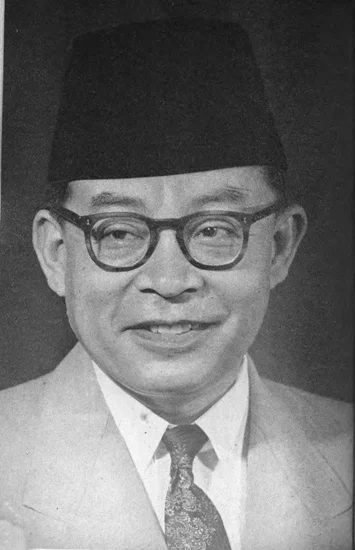
Mohammad Hatta, Indonesia’s first Vice President and independence leader, died in Jakarta. His partnership with Sukarno helped establish Indonesian independence and create the foundation of the modern Indonesian state.
Hatta’s economic expertise and diplomatic skills were crucial during Indonesia’s transition from colonial rule. His commitment to democratic principles and social justice made him a respected figure throughout Southeast Asia.
2018 – Stephen Hawking, Theoretical Physicist
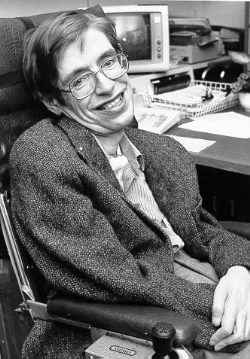
Stephen Hawking died peacefully at his home in Cambridge, England, at age 76. His groundbreaking work on black holes and cosmology revolutionized our understanding of the universe despite his battle with ALS.
Hawking’s book “A Brief History of Time” made complex physics accessible to millions of readers. His courage in facing physical disabilities while pursuing scientific excellence inspired people worldwide.
2018 – Marielle Franco, Brazilian Human Rights Activist

Marielle Franco, a Brazilian politician and human rights activist, was assassinated in Rio de Janeiro. Her murder shocked Brazil and drew international attention to threats against human rights defenders.
Franco’s advocacy for marginalized communities and police reform made her a powerful voice for social justice. Her assassination highlighted the dangers faced by activists challenging entrenched power structures in Brazil.
Holidays and Observances on March 14
Constitution Day in Andorra
Constitution Day commemorates the adoption of Andorra’s constitution, establishing the principality as a sovereign nation. This national holiday celebrates Andorra’s unique co-principality system and democratic institutions.
The celebration includes official ceremonies and cultural events throughout the small mountain nation. Citizens reflect on their constitutional rights and the peaceful transition to full sovereignty.
White Day in Japan and Asian Nations

White Day serves as the male counterpart to Valentine’s Day in Japan and other Asian countries. Men traditionally give gifts to women who presented them with chocolates on Valentine’s Day.
The holiday promotes reciprocal gift-giving and strengthens romantic and platonic relationships. Department stores and confectioneries create special white-themed products and elaborate gift displays.
Heroes’ Day in Saint Vincent and the Grenadines
Heroes’ Day honors national heroes and freedom fighters who contributed to Saint Vincent and the Grenadines’ independence. The holiday celebrates the courage and sacrifice of those who fought for national liberation.
Official ceremonies include wreath-laying at monuments and speeches honoring historical figures. Schools and communities organize educational programs highlighting national heroes and their contributions.
Mother Tongue Day in Estonia
Mother Tongue Day celebrates the Estonian language and promotes linguistic diversity and cultural preservation. The holiday emphasizes the importance of maintaining native languages in an increasingly globalized world.
Educational institutions organize special programs featuring Estonian literature, poetry, and traditional songs. The celebration reinforces national identity and cultural continuity through language preservation.
